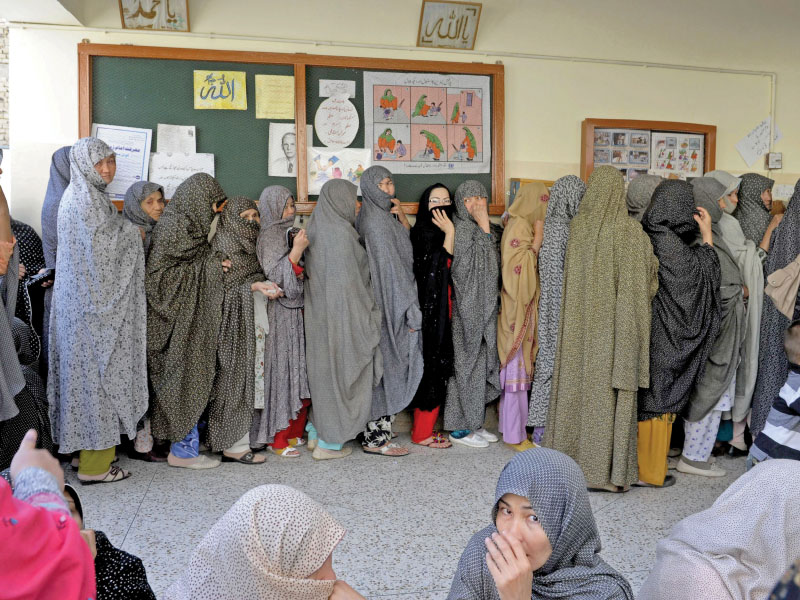
No nation can hope to attain a modicum of civilised level of existence without taking proper care of its basic asset — mother and child. But if we do not know how many mothers, mothers-to-be and children there are to be taken care of, it is next to impossible to plan for their adequate welfare and allocate enough funds to execute these plans successfully. Issues relating to women are not limited to mother and child care only. They are multiple and diverse. These range from lack or inadequate availability of basic necessities for women to their role in social and economic spheres still being determined by a male-dominated society, part of which, especially the feudal and tribal sections, still treat women as objects.
With economic progress, judicial and police reforms, and sensitisation of media and civil society towards the problems of women, one can expect things to improve meaningfully. However, no matter how enlightened the men of our society become, their approach to the problems that women face in their day-to-day life would still be male-oriented. That is the reason why it is necessary to create enough space for women to participate in the legislative process. In order to create such a space, reserved seats were allocated to women in view of societal handicaps that discouraged them from contesting against male candidates. But this provision was introduced on the assumption that in due course, women would feel encouraged to contest elections on an equal footing against their male political counterparts.
However, this is not happening. There are many reasons for that. Perhaps, they would feel more reassured to go out and seek votes for themselves if the voter population was to reflect the genuine numerical strength of the genders in the country, which employing the rule of thumb many informed analysts have used is estimated to be almost 50/50. NADRA must try to unveil the remaining female population that has so far avoided its reach. Next, it is the responsibility of the Election Commission of Pakistan to see that the gap between the male and female registered voters is reduced to at least near zero by the next general elections. Also, political parties should seek out their female supporters and initiate campaigns to get them registered as voters so as to be able to not only enhance the parties’ chances of victory in the next election but also to ensure that women are not left behind in the women empowerment process that is gathering momentum on the back of ongoing campaigning by the civil society and the influential media.
Published in The Express Tribune, November 29th, 2015.
Like Opinion & Editorial on Facebook, follow @ETOpEd on Twitter to receive all updates on all our daily pieces.












COMMENTS (1)
Comments are moderated and generally will be posted if they are on-topic and not abusive.
For more information, please see our Comments FAQ